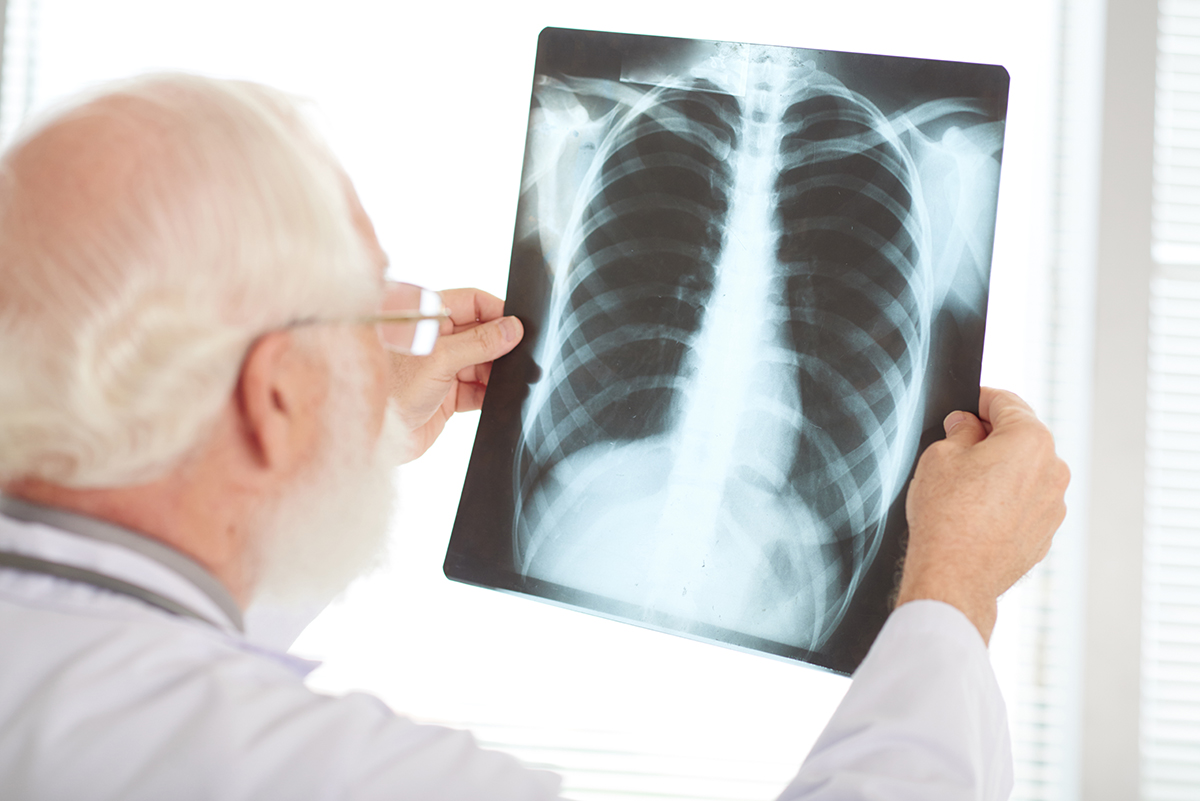In June this year, a worrying cluster of tuberculosis infections was reported, with 170 people in the same apartment building testing positive for the disease.
What is tuberculosis, and should you be worried about it? We take a closer look in this article below!
What Is Tuberculosis?
Tuberculosis, or TB, is an airborne disease that is spread through fine respiratory droplets from an infected person.
This is a potentially severe disease that primarily affects the lungs. However, it can also affect other parts of your body, like your brain, spine, and kidneys.
What Are the Symptoms of Tuberculosis?
The signs of TB vary depending on where it occurs, especially if it happens outside of your lungs. For example, spinal tuberculosis may lead to back pain, and tuberculosis in your kidneys can result in blood in your urine.
Some typical symptoms of TB include:
- Tiredness
- Fever
- A persistent cough for 3 or more weeks
- Coughing up blood and mucus
- Unexplained weight loss
- Night sweats
- Chills
- Appetite Loss
What Are Some Risk Factors of Tuberculosis?
One key reason that affects your body’s ability to fight the tuberculosis virus is weakened immunity. Here are some conditions that can reduce your immunity:
- Diabetes
- HIV/AIDS
- Some types of cancers
- The extremely young or elderly
- Malnutrition
- Eating drugs that prevent the rejection of transplanted organs
- Going through chemotherapy or other forms of cancer treatment
- Serious kidney disease
What Are Some Complications of Tuberculosis?
Tuberculosis has to be treated to prevent it from turning life-threatening. If left alone, it could affect not just your lungs, but in these areas as well:
Some potential complications are:
Joint Damage
Tuberculosis can lead to arthritis that may damage your hip and knee bones.
Kidney or Liver Issues
If the tuberculosis disease spreads to your kidney or liver, it can affect their abilities to carry out their regular functions. This means that they may no longer be able to filter out waste and impurities.
Heart Problems
Although this rarely happens, tuberculosis can infect the tissues surrounding your heart. This results in inflammation and the accumulation of fluid that can affect your heart’s ability to pump properly.
Also known as a condition called cardiac tamponade, it may be life-threatening.
Spinal Pain
Common tuberculosis complications include back pain and stiffness.
Brain Membrane Swelling
Meningitis is a condition where the membrane surrounding your brain swells. When this occurs, you may experience a headache that can either last a long time or happen from time to time.
It may even cause mental changes.
How Can You Prevent Tuberculosis?
There are certain preventive measures that you can consider to avoid getting the disease. You should note that only active TB can be spread.
Wear a mask when possible, especially if you’re out. Avoid going close to people who are sneezing or coughing.
However, if you have already contacted the disease, you can seek a house doctor’s help or get aid through a telemedicine consultation for infectious disease management.
You can receive the right advice on how to manage the disease and how you can minimise the spread to your loved ones!
